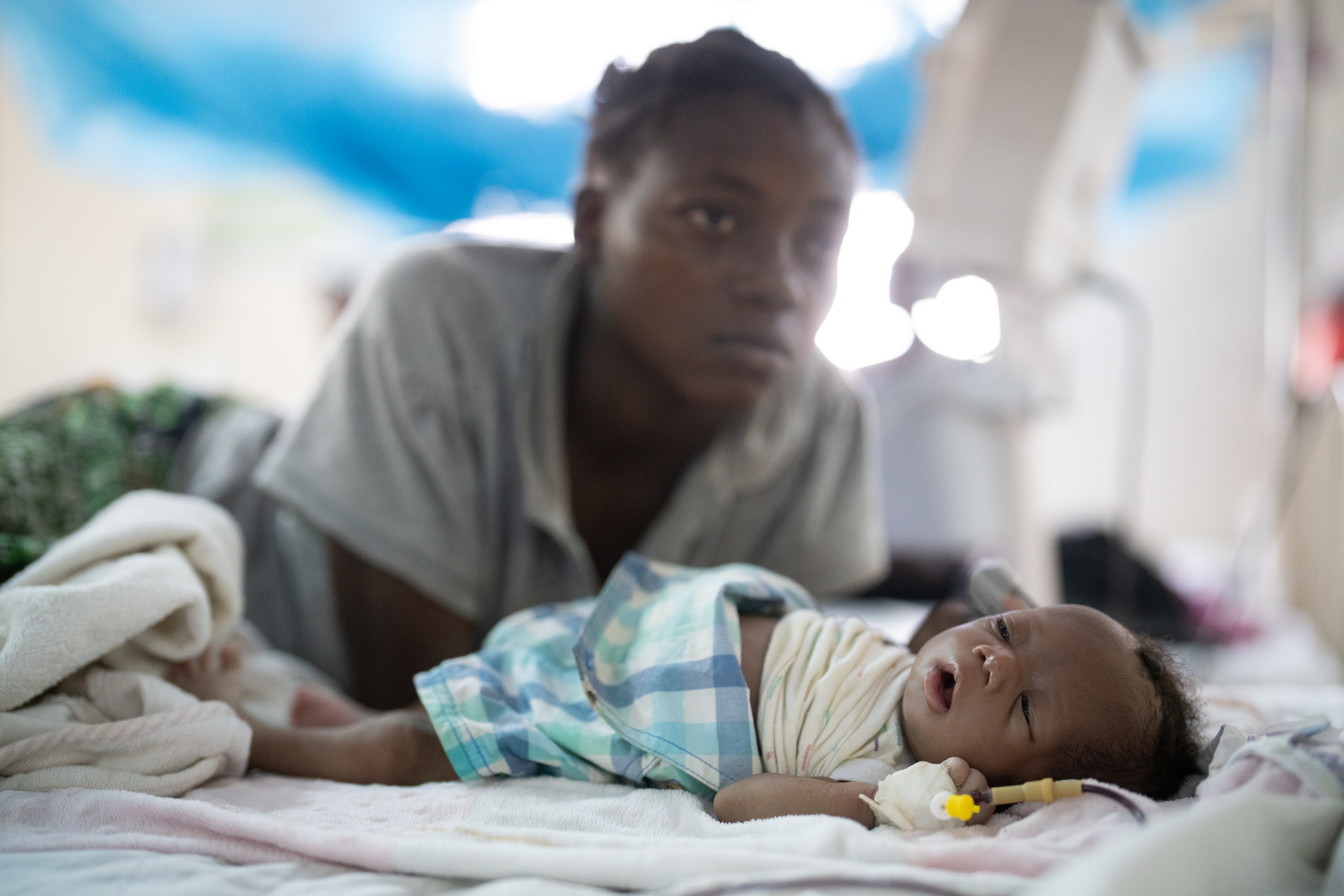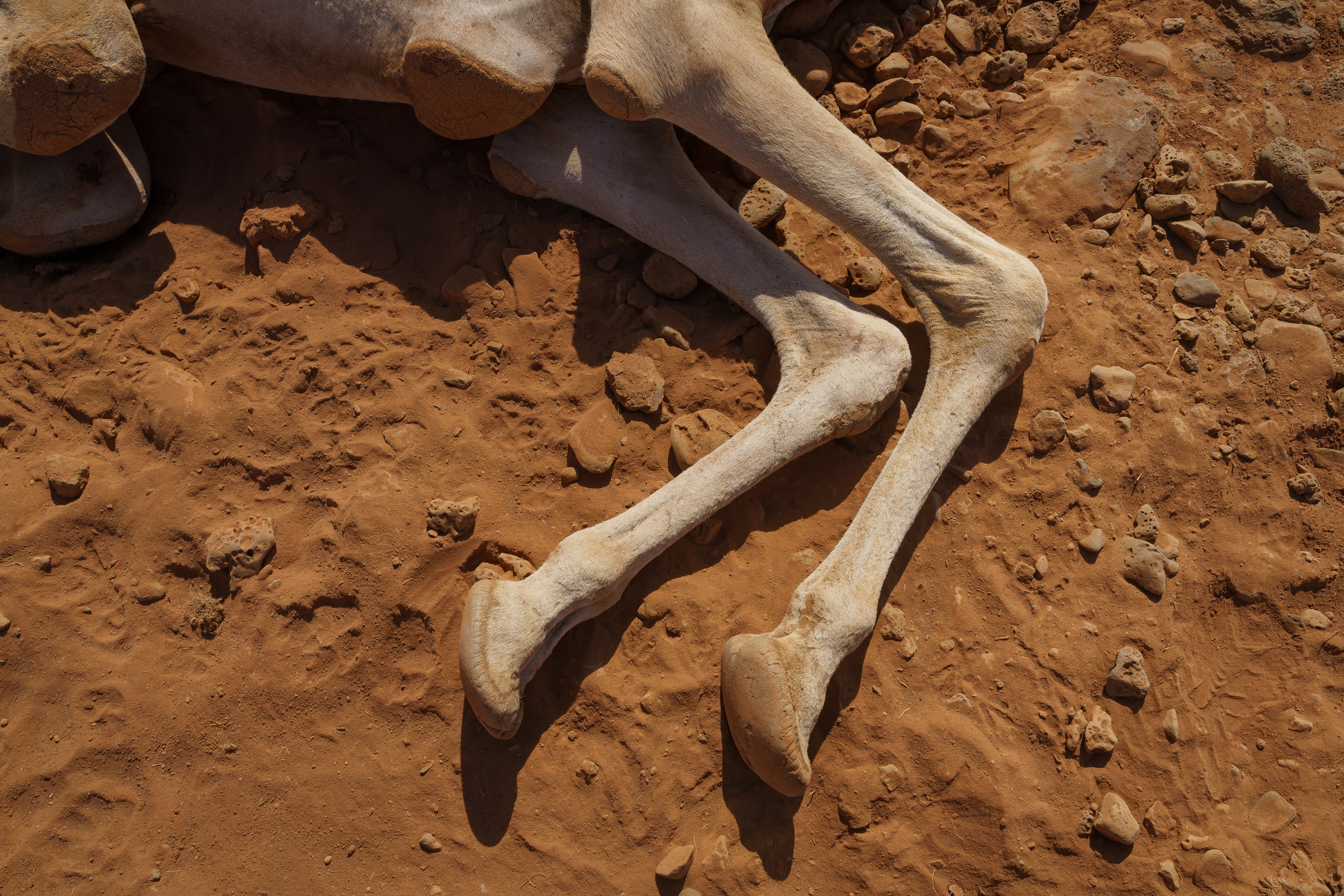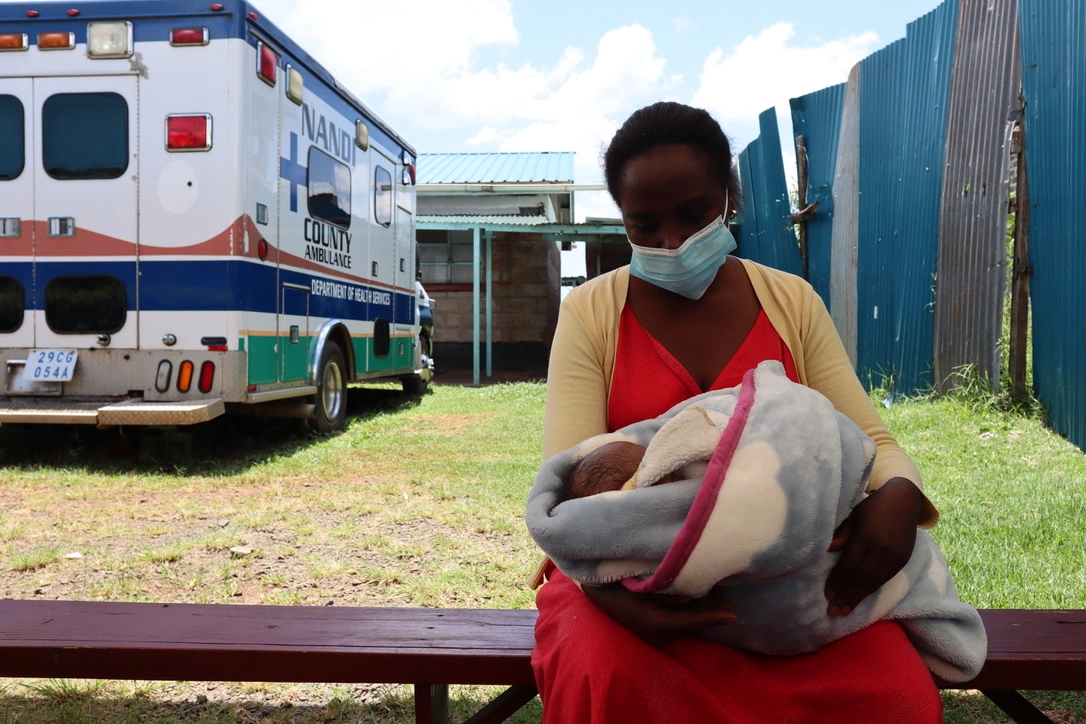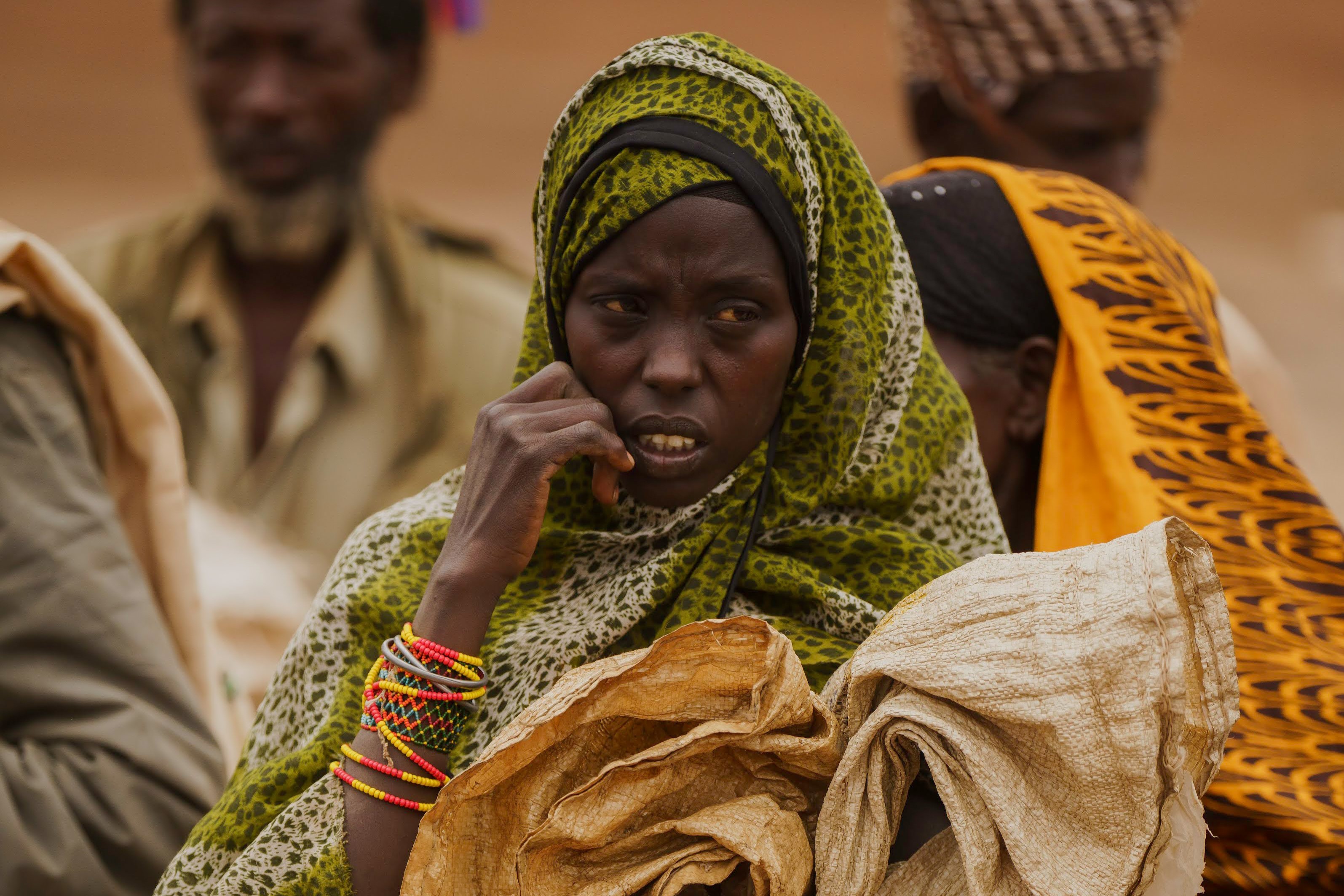-

Pulitzer Center Update
Fellows' Reporting Gives Reasons for Hope
Stories of Hope from 2022 We are now selecting a new cohort of 2023 Reporting Fellows. But, before...
February 14, 2023 -

Pulitzer Center Update
ICYMI: New Stories by Reporting Fellows
Happy New Year! We hope 2023 is off to a great start. Over the past month, we've published a variety...
January 5, 2023 -

Pulitzer Center Update
Illuminating Technology’s Impact on Everyday Life
How Tech Is Shaping Our World Stories by Pulitzer Center grantees and Artificial Intelligence (AI)...
December 16, 2022 -

In 2014, Nandi County, Kenya had one of the highest maternal death rates in the country. But by 2019...
-

In the series, Inside Climate will explore how climate change is super-charging conditions that lead...
























